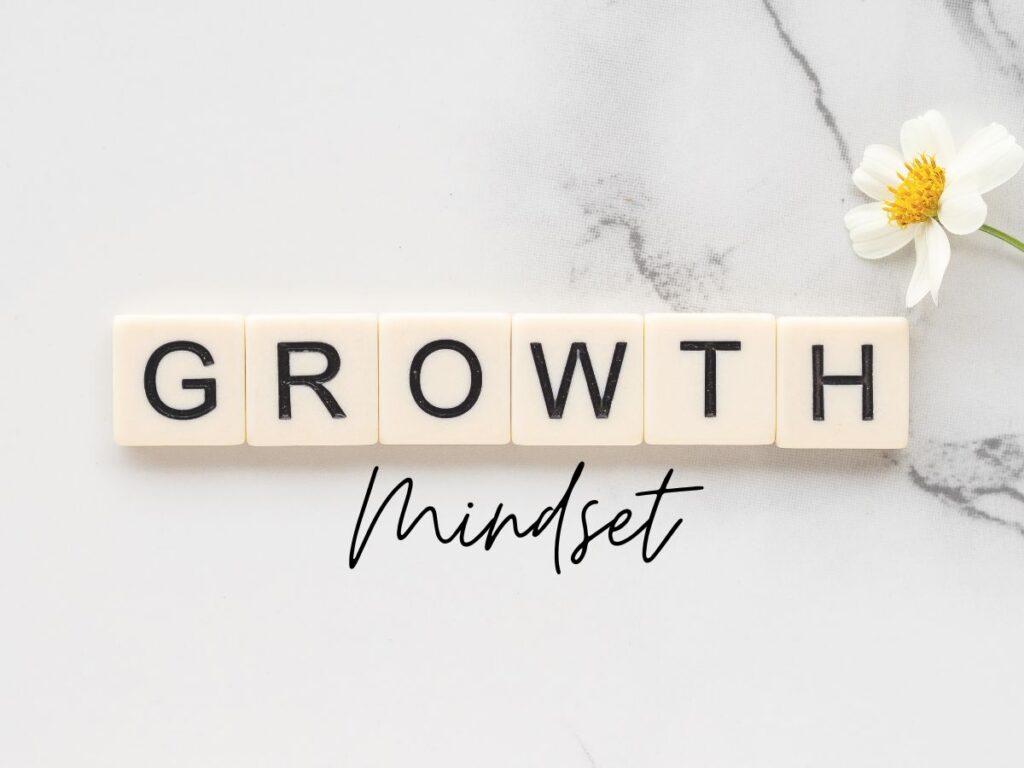This post may contain affiliate links. Disclosure here.
The best way to parent well is to be a good role model for your kids. Today we are going to explore positive parenting solutions that will help your child thrive. Learn how positive parenting encourage personal development at an early age to set your child up for the best future!

Model the behavior you want to see in your child.
Children learn by example. If you want your child to be respectful and kind, then it’s important that you model this behavior yourself.
The most important thing is not what you say, but how you act and behave around them. Do not say one thing and do another!
This will only confuse your child and make them feel like they can never trust their parents again… which will lead to some serious problems down the road when they become teenagers!

Help your child learn to self-regulate.
Self-regulation is the ability to control your emotions, thoughts and actions. It’s a critical skill for kids to develop as they grow up, because it helps them handle stress in healthy ways.
For example, if your child has trouble staying focused on her homework because she’s hungry or tired, self-regulation will help her recognize these feelings so she can take care of herself before returning to work.
If you want your child to develop strong self-regulation skills (and who doesn’t?), here are some things you can do:
- Give lots of praise when your child uses good judgment and makes good choices–but don’t wait until after the fact! Praise them immediately after smart decisions so that they know what kinds of behaviors earn praise
- Help your child learn how other people feel by asking questions such as “How does it make them feel?” or “How would you feel you feel if someone did that same thing?”
- This will give him insight into why certain behaviors might not be OK with certain people.
- When possible, model good behavior yourself by showing respect toward others even when they don’t deserve it; doing so teaches children how important empathy really is.
- It is also just as important to model positive self-esteem and self-talk to yourself!

Teach them the art of conflict resolution.
Conflicts are a normal part of life, and there’s no getting around the fact that they can be painful and frustrating. But there are things you can do to help your child learn how to resolve conflicts peacefully and effectively and ideally without too much drama. Here’s how:
- Make sure they know that conflict resolution is important for everyone in the family, not just them! If you emphasize how important it is for everyone else in the house when your kid has an argument with her brother or sister over something silly like who gets more time on the computer, then everyone will feel like they have an incentive not only for doing their best but also working together as a team instead of just trying as hard as possible on their own behalf.
- Don’t let conflicts fester! Deal with conflict head on before it gets worse.
Spend time listening and talking with them.
Listening is a great way to help your child feel heard, but it’s also super helpful positive parenting solutions for you to utilize.
You want to make sure that your kid is growing up feeling loved and supported, and one way to do this is by making sure they know that their needs are being met.
This can be hard when they’re young, especially if they don’t have many words yet or aren’t able to express themselves clearly.
The best thing about listening is that it doesn’t require much effort on your part. All you have to do is give them your undivided attention while they talk!
This will show them how much value we put on our relationships with each other, which boosts self-esteem and makes us feel more connected as family members or friends in general.
Create your own family culture.
A family culture is the set of values, traditions and beliefs that define your family. It’s how you live together as a group. A strong family culture can help children feel safe, secure and happy in their home environment.
Creating your own family culture can be hard work but it’s SO worth it! This can help your child to develop into a confident young person who has high self-esteem and feels good about themselves too.
You will also learn new skills for parenting together as a team which will benefit everyone in the long term – including yourself!

Let go of perfectionism and embrace progress and growth instead.
Perfectionism is a learned behavior. It’s not the same as striving for excellence, but rather an unrealistic expectation that you have to be perfect in order to feel worthy of love and belonging.
This can lead to procrastination, depression and anxiety if you’re constantly worrying about making mistakes or not being good enough at something.
If perfectionism is holding your child back from reaching their potential (or even just feeling happy), it’s time for some positive parenting solutions!
The best way to parent well is to be a good model for your kids.
The best way to parent well is to be a good model for your kids. You can’t expect them to act the way you want them to if they don’t see it in you.
- Model good behavior by not yelling at them or other people, even when you’re angry or frustrated with someone else in the house.
- Model positive thinking by being cheerful and upbeat most of the time, even when things aren’t going well–and especially when things are going great!
- This doesn’t mean you have to be fake happy and positive all the time but having a optimistic outlook and growth mindset rather than a pessimistic outlook will model realistic positive thinking skills!
- Model self-regulation by controlling your emotions so that your child can learn how to self-regulate their own emotions.
- Try counting slowly from 1-10 before responding.
- This gives everyone time think about what was said without feeling rushed into saying something that could cause trouble later on down the road – especially if it turns out there was nothing wrong with what happened after all!

Conclusion
As a parent, you are a role model for your child. Your behavior is what they will learn from, so it’s important to model the behaviors you want them to emulate. You can also help them learn how to self-regulate their emotions and impulses by modeling this behavior yourself.
Teaching conflict resolution skills will teach them how to handle disagreements without resorting immediately to violence or anger . Spending time listening and talking with them will help them feel safe opening up about their feelings or concerns without fear of judgment.
Finally, creating a family culture that values growth over perfectionism will provide an environment where everyone feels comfortable taking risks even if things don’t go exactly according to plan.
I hope you took something positive away from today’s post on positive parenting solutions!
Other Posts You Might Enjoy:
- 55 Affirmations for Positive Thinking: How to Achieve Your Dreams and Improve Your Mental Health
- What is Lucky Girl Syndrome? 33 Lucky Girl Syndrome Affirmations.
- 444 Angel Number Meaning Manifestation: The Meaning of Angel Numbers
- 10 Effective Ways to Teach Positive Mindset Activities for Kids
- Living Your Best Life: Steps to Creating a Life You Love
Leave a Reply